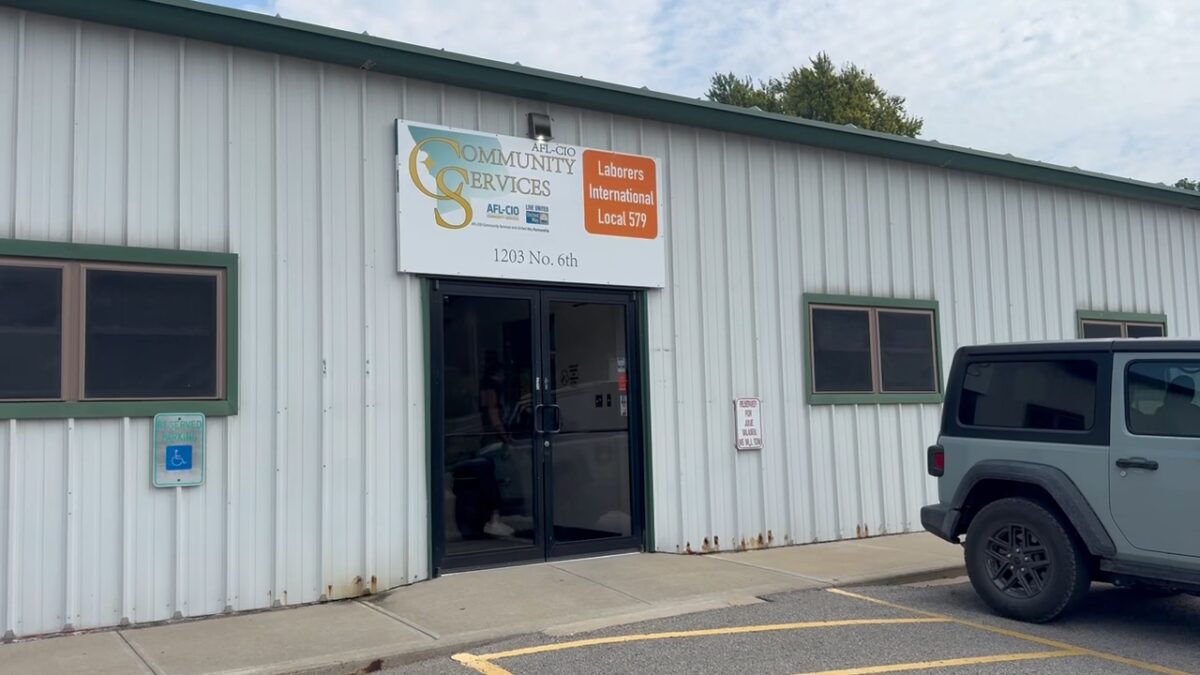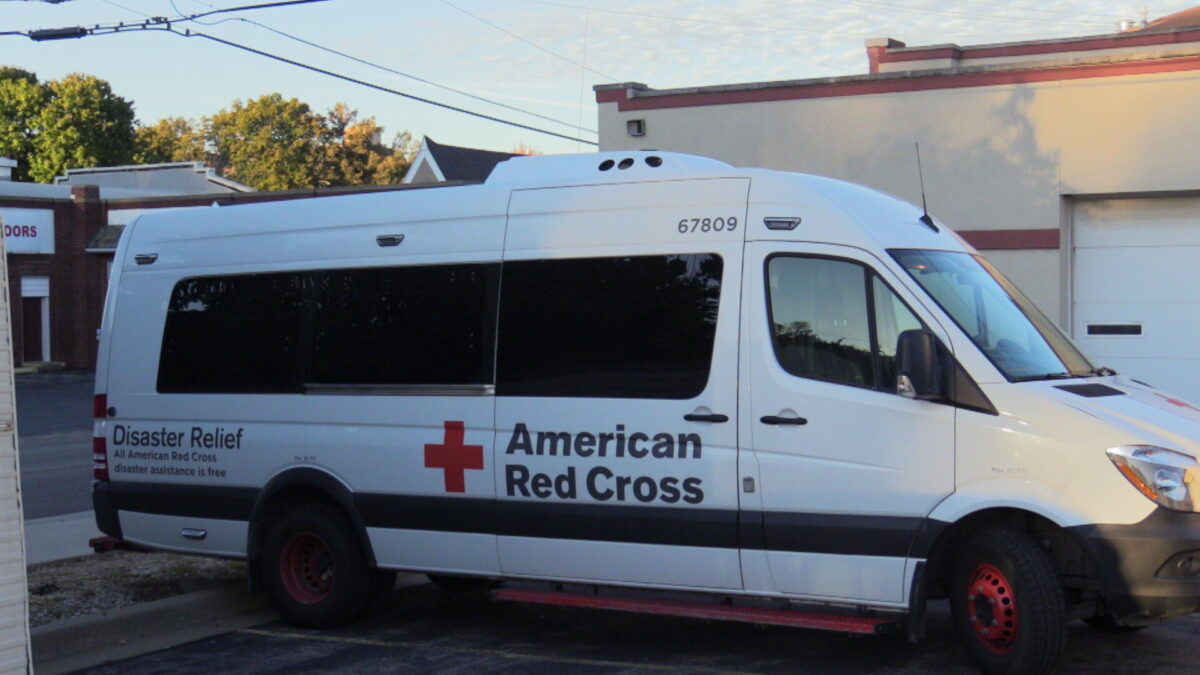Northwest Missouri native Taylor Crouse runs for Missouri House of Representatives
News-Press NOW
By: Noel Hardin
ST. JOSEPH, Mo. (KQTV) — With current Republican State House Representative Brenda Shields’ term limited, the race for Missouri’s 11th District House seat is beginning to take shape.
Local real estate and insurance agent Taylor Crouse has officially launched his campaign for a Republican nomination.
Crouse, 48, is a lifelong resident of Northwest Missouri and a fourth-generation small business owner.
He points to his deep local roots and professional background as key qualifications for representing the district.
“I’ve lived in northwest Missouri my entire life, pretty much within the same 15-mile radius for 48 years,” Crouse said. “I want people to want to graduate from school here, to want to continue to live here, and to see those opportunities.”
While new to seeking elected office, Crouse is not new to Republican politics.
He has served on the Buchanan County Republican Central Committee and is a member of the Northwest Missouri Republican Club.
His decision to run stems from a desire to advocate for small businesses, strengthen the region’s agricultural base, and ensure the voices of his district are heard in Jefferson City.
“When my boots are on the ground down there, my ears are still going to be up here,” he emphasized. “I want to take the wants and needs of the people in my district to Jeff City. I don’t want to go down there and have people tell me to come back up here and tell these people what they want them to hear.”
Crouse, who grew up helping on a farm and comes from a family of teachers, believes his background gives him a unique understanding of the challenges facing both small business owners and farmers.
He cites navigating state bureaucracy, payroll taxes and a lack of accessible resources as hurdles for entrepreneurs, while farmers contend with high costs and a disconnect from consumers.
“Growing up the son of a small business owner, the son of a teacher, I think it makes me somewhat uniquely qualified for a position like this,” Crouse said. “I’m never going to be an expert, but I want to learn from my constituents along the way.”
His platform includes creating forums to bridge the gap between farmers and consumers, supporting job creation to retain young people in the area and increasing access to local business resources.
“I think that there’s a lot of people in Jeff City, bureaucrats, that are going to try to tell me what to do, and that just ain’t going to happen. The people that are going to tell me what to do are the people in my district and the people in the community and the people in the region, and that’s just always going to be my stand on things.”
The primary election for the Missouri House of Representatives will be held on Aug. 4, 2026, and the general election will be held on Nov. 3, 2026.









